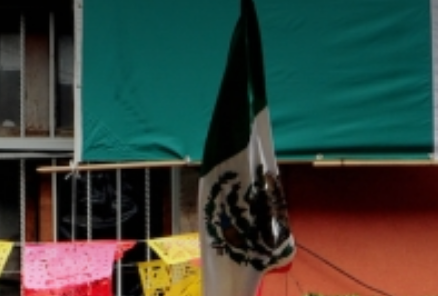Social Trading Giant eToro Adds Crypto Buying and Selling in 31 US States

Israel-based social investing platform eToro has launched a cryptocurrency trading platform and wallet service in the U.S.
The firm announced Thursday that the new platform allows U.S. customers from 31 states and territories to trade 13 unspecified cryptocurrencies. Multi-asset trading is also scheduled for launch in Q1 of next year.
eToro’s “social” model allows users to reproduce other traders’ bets through its CopyTrader and CopyPortfolios features. The crypto trading platform will also offer three CopyPortfolios at launch, it said, without disclosing further details.
Users can “collaborate with other crypto traders when making buying and selling decisions,” said Yoni Assia, co-founder and CEO of eToro. They can also “adjust their trading strategies by watching and learning from others on the platform.”
The firm said any eligible customer who has an “established” track record “may be copied and compensated for their performance, subject to risk analysis and supplemental evaluation.”
eToro has also launched a multi-signature crypto wallet in the U.S. that supports six cryptocurrencies at launch – bitcoin (BTC), bitcoin cash (BCH), ether (ETH), litecoin (LTC), XRP and Stellar (XLM) – with more to be added in the near future.
Existing eToro users will be able to log into the wallet directly to hold and transact in cryptocurrencies, the firm said. They will also be able to “convert between different coins with a click of a button.” Cryptos can be sent and received using a QR code or by sharing the wallet address.
The news comes months after eToro first announced its plan to launch a crypto exchange and mobile wallet in the U.S. back in May. At the time, the firm said it will allow trading into 10 cryptocurrencies – bitcoin, ether, litecoin, XRP, dash, bitcoin cash, stellar, ethereum classic, NEO, and EOS.
eToro also announced today that it will launch a crypto exchange called eToroX for a global audience later this year.
The firm has raised $222 million since 2007, according to Crunchbase.
Yoni Assia image via CoinDesk archives











Responses